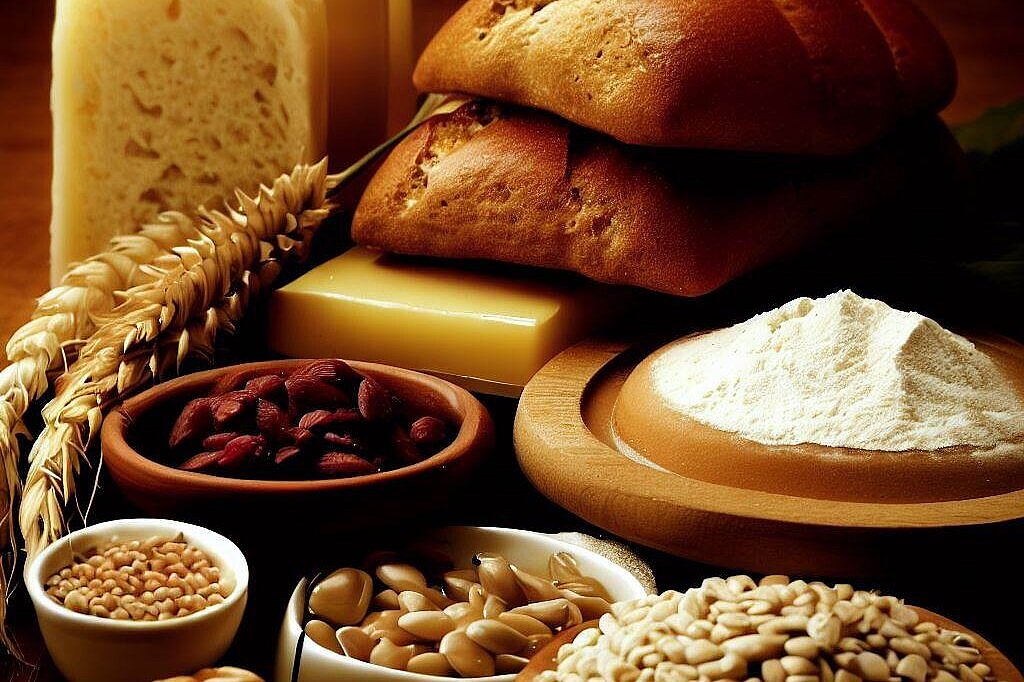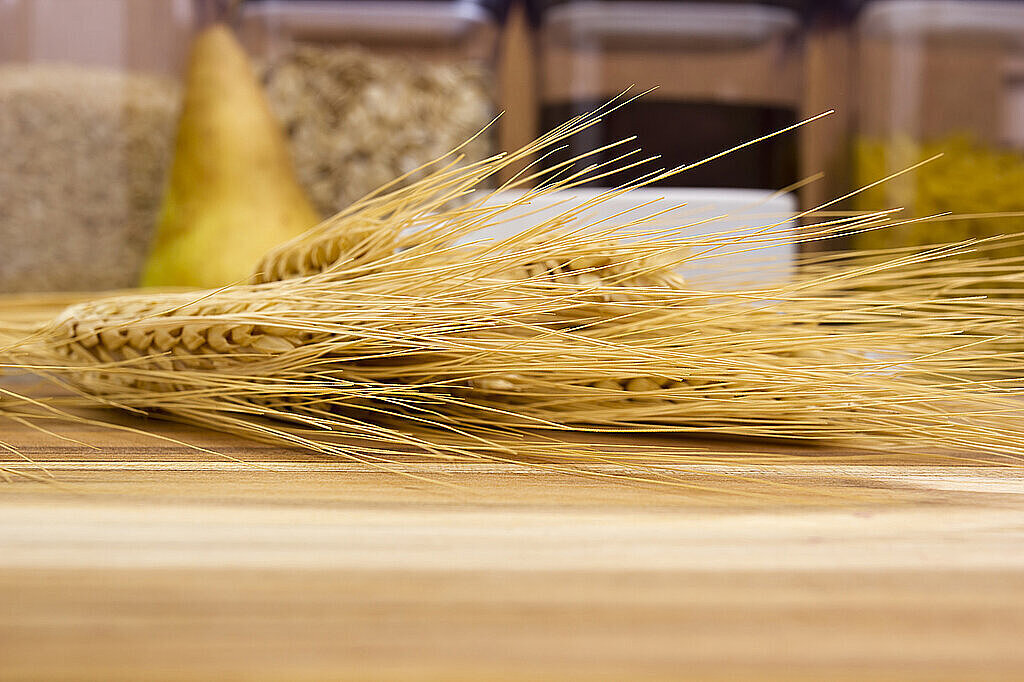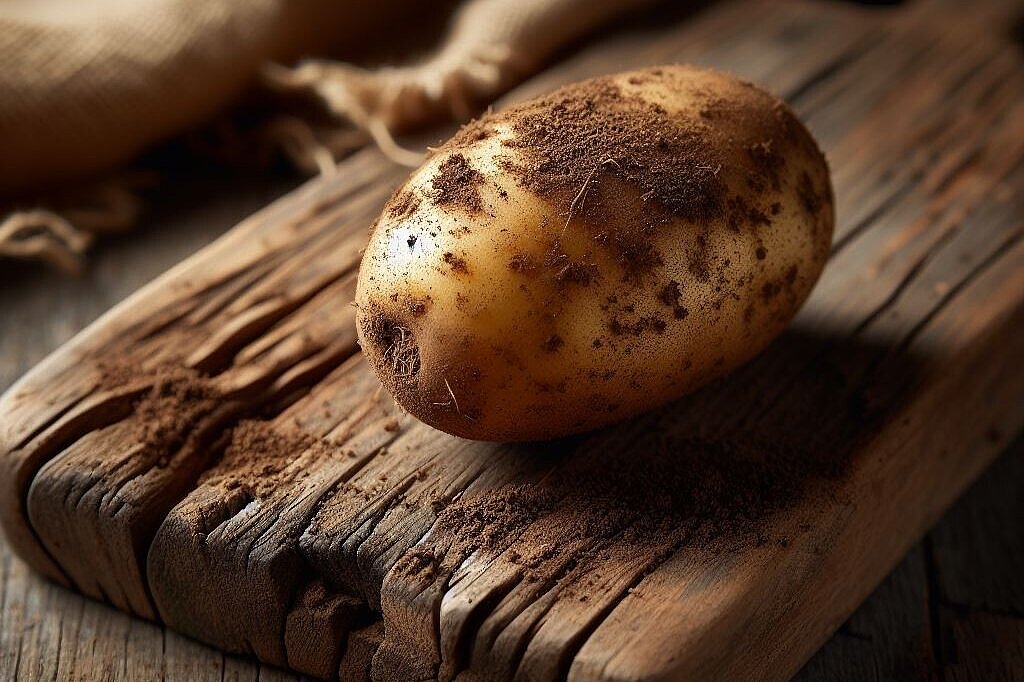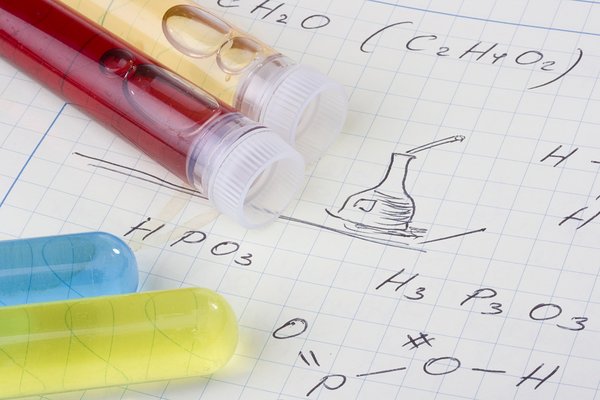Lectins
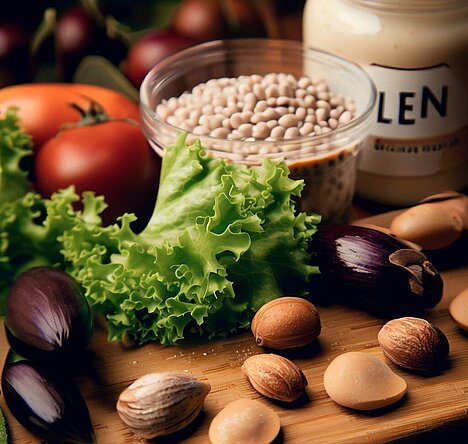
What are lectins?
Lectins are complex proteins or glycoproteins that bind specific carbohydrate structures and are therefore able to bind specifically to cells or cell membranes and trigger biochemical reactions from there. However, they do not exert any enzymatic activity. Lectins can influence various metabolic processes such as cell division, ribosomal protein biosynthesis, the agglutination of cells (in relation to red blood cells this is hemagglutination) or the immune system (ficolins).
Lectins are widely distributed. They can be produced by animals, plants or microorganisms. Lectins also include some AB toxins such as high-molecular seed glycoproteins like ricin or the bacterial toxins shiga toxin, vero toxin, diphtheria toxin, exotoxin A or alpha-sarcin.
What are the advantages of lectins?
Lectins are not only harmful, but can also have positive effects. For example, they can act as messenger substances and improve communication between cells. They can also act as chaperones and support the folding of proteins. They can also have an antibiotic effect and ward off bacteria or fungi.
Some lectins also have an immunomodulating effect and can strengthen or regulate the immune system. For example, they can influence the activity of macrophages, T-cells or B-cells and thus inhibit or promote inflammation. They can also stimulate or inhibit the production of antibodies or cytokines.
What are the disadvantages of lectins?
However, lectins can also have negative effects, especially if they are ingested in excessive quantities or if the body reacts sensitively to them. For example, they can damage the intestinal wall and hinder the absorption of nutrients. They can also lead to leaky gut syndrome, in which the intestinal barrier becomes permeable and unwanted substances enter the bloodstream.
Lectins can also trigger allergic reactions or promote autoimmune diseases. They can also cause the blood to clot or disrupt blood sugar regulation. They can also interact with other proteins and impair their function.
How should you include lectins in your dog's diet?
Lectins are found in many plants, e.g. cereals (especially wheat) and legumes (peas, beans, mangetout, chickpeas, lentils, soy). Nightshade plants such as potatoes, tomatoes and peppers also contain them. Many lectins are thankfully harmless to the body, while others can be quite toxic.
Normally, however, you don't feed tons of legumes or grains and therefore not an excess of lectins. However, dogs with digestive problems should be a little more careful, as too many lectins can cause additional problems and further fuel leaky gut syndrome.
Grains such as oatmeal can be soaked overnight, which breaks down many anti-nutritive substances. In addition, these foods are usually also fed cooked. However, lectins are reliably broken down by bacteria through fermentation. Examples of lectins:
- The lectin in beans, phasin, is particularly concentrated and means that beans can be fatal when raw, as it causes the red blood cells to clump together. Just five to six raw green beans are enough to kill a child. However, cooking destroys the lectins and makes the beans edible.
- The lectin in wheat, "wheat germ agglutinin" (WKA), on the other hand, is very heat-resistant. By making bread with sourdough, the lectin in wheat was broken down and destroyed.
Lectins are proteins that are found in many plants and can have both positive and negative effects. When feeding dogs, you should be careful not to feed them raw or unprocessed legumes or grains, as these can contain toxic lectins. Lectins can be reduced or rendered harmless by soaking, cooking or fermenting.
If you notice any signs of hypersensitivity or poisoning in your dog, you should see your vet immediately. We are not a substitute for a vet, but we try to be as accurate as possible. Every dog reacts differently and we recommend you get a second opinion or consult your vet if in doubt.
Stay healthy and take good care of your four-legged friend!😊
Similar to Lectins
Gluten is a collective term for various proteins found in wheat, rye, barley and other cereals. Gluten gives the dough its elasticity and ensures that bread rises and becomes crispy. However, gluten...
Phytic acid is an organic acid that binds phosphorus and other minerals. It is mainly found in cereals, pulses, nuts, seeds and kernels. Phytic acid is also known as a "mineral trap" because it can...
Dogs are curious animals that like to try out new things. Perhaps you have already given your dog a piece of potato or tomato or he has taken some for himself. This is usually not a problem as long...
Alkaloids can be dangerous for dogs as they cannot break them down and quickly show signs of poisoning. In this article, you can find out more about the benefits and disadvantages of alkaloids for...
